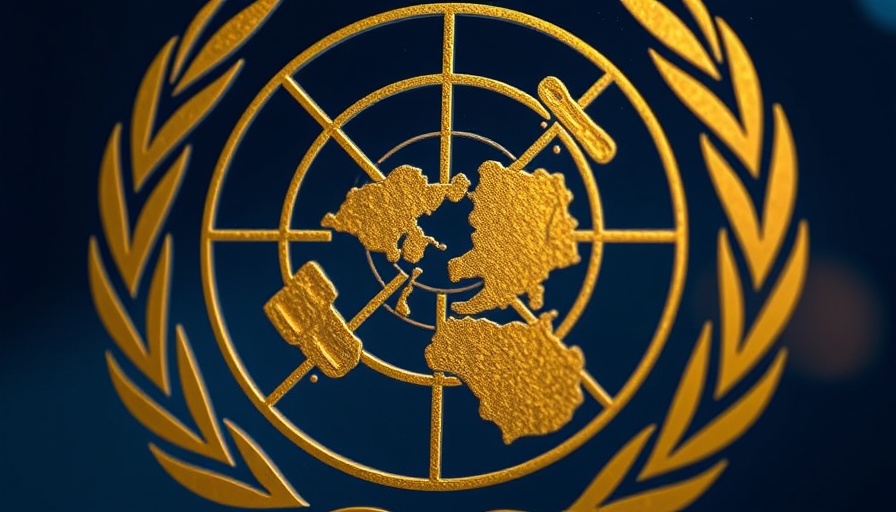
Understanding the Landscape: Turbulence at the FDA
The early days of the Trump administration were marked by significant turbulence at the Food and Drug Administration (FDA). As policymakers rapidly redefined approaches to health regulations, the FDA’s operations encountered challenges, which had ripple effects throughout the biotech industry. This period of upheaval coincided with critical shifts in public health strategy and regulatory practices, particularly impacting vaccine and gene therapy approvals.
Bluebird Bio: A Cautionary Tale of the Gene Therapy Industry
Bluebird Bio's recent struggles provide important insights for the biotech industry, showcasing the risks associated with innovative medicine development. After a series of setbacks, including the FDA's denial of its priority review voucher, Bluebird was forced to accept an acquisition by Carlyle and SK Capital to stabilize its financial standing. As Andrew Obenshain, Bluebird's CEO noted, the decision came after exhausting all possible options, highlighting how financial pressures can force even established players in biotech to rethink strategies and partnerships.
The New Wave: Young VCs Innovating the Biotech Scene
Alongside the turbulent landscape faced by traditional biotech companies, a new generation of venture capitalists is reshaping the financial ecosystem of health innovation. These young investors are not just looking to fund existing companies; they are often pioneering new models and solutions to address unmet medical needs. Their fresh perspectives and adaptability provide hope and excitement as we look toward the future of biotech.
The Future of Biotechnology: Trends Worth Watching
As we analyze the current state of biotech, several trends emerge that may dictate the future path of the industry. The rise of personalized medicine, particularly in gene therapy, coupled with the exponential growth of digital health technologies, suggests that innovation will continue at a rapid pace. However, this environment demands careful navigation of regulatory landscapes and funding challenges, which underscores the importance of aligning both scientific progress and market strategies.
Conclusion: The Evolution of Biotechnology
The world of biotechnology is not static; it evolves with each regulatory decision and market shift. As we witness the fallout from Bluebird Bio's challenges and the reshaping at the FDA, it's a clear reminder that the road to innovation is fraught with obstacles. For emerging players and investors alike, understanding these dynamics will be crucial to navigating the future landscape of healthcare.
 Add Row
Add Row  Add
Add 


Write A Comment